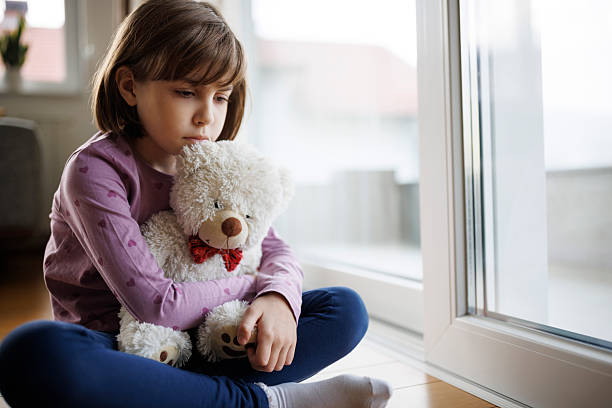In Texas, a true 50/50 physical custody schedule equates to roughly 182–183 overnights per parent each year (183/182 in non-leap years; 183/183 in leap years). Courts emphasize substantial equality over time, not perfect day-to-day symmetry, and holiday rotations typically even out. Quick … [Read more...]
What Property Is Exempt from Debt Collectors in Texas
Texas law protects key assets from most judgment creditors: your homestead, current wages, federal benefits, most retirement accounts, and specified personal property capped at $50,000 for single adults or $100,000 for families. Non-exempt property may be levied or frozen after judgment. … [Read more...]
How To Get Power Of Attorney For Elderly Parent: Complete 2025 Legal Guide in Texas
In Texas, you secure power of attorney for an elderly parent by having them, while still mentally competent, sign the state’s durable and medical POA forms before a notary (plus two witnesses for medical), then distribute certified copies to agents, banks, and healthcare providers. Quick … [Read more...]
Does Bankruptcy Eliminate All Debt in Texas?
No. Bankruptcy in Texas erases most unsecured debts—credit cards, medical bills, personal loans, and deficiency balances—but priority obligations such as child support, alimony, recent income taxes, most student loans, and court fines survive. Secured liens also remain unless you surrender the … [Read more...]
If Someone Sues You, Can They Take Your House in Texas?
In Texas, creditors cannot force the sale of your primary homestead, since the Texas Constitution shields unlimited equity on up to 10 urban acres (100 rural; 200 for families). However, they may record a judgment lien that you must clear before refinancing or selling. Quick Answer: How do I … [Read more...]
How Do I Vacate a Default Judgment in Texas? A Step-by-Step Guide for North Texas Families
Quick Answer: How do I vacate a default judgment in Texas? If you receive a default judgment, file a motion for new trial within 30 days, or if later, pursue a restricted appeal within six months or file a bill of review within four years. File a motion for new trial within 30 days under … [Read more...]
Vehicle Repossession Laws in Texas: Protecting Your Car, Credit & Peace of Mind
Quick Answer: How can I get my car back after repossession in Texas? If your car is repossessed in Texas, redeem it within 10 days by paying all past-due installments, repossession, and storage fees under Texas Business & Commerce Code §9.609. Demand proof of each repossession and … [Read more...]
Chances of Winning a Credit Card Lawsuit in Texas
Quick Answer: How do I win a credit-card lawsuit in Texas? Beat a Texas credit-card suit by answering on time, making the plaintiff prove it owns the debt, and raising every defense the law allows. File a written Answer within 14–20 days of service to stop default. Demand … [Read more...]
Power of Attorney vs Durable Power of Attorney in Texas
Confused about the power of attorney vs durable power of attorney? In Texas, a Durable Power of Attorney stays effective if the principal becomes incapacitated, while a regular (general) Power of Attorney ends the moment incapacity is confirmed. Both must be signed before a notary, but only the … [Read more...]
Can a POA Change a Will in Texas?
Quick Answer: Can a Power of Attorney change a will in Texas? Under Texas law (2025), a Power of Attorney cannot modify or revoke a will; only the testator can validly change their will through proper execution of a new will or codicil. Work with an estate planning attorney to draft and … [Read more...]
- « Previous Page
- 1
- 2
- 3
- 4
- …
- 13
- Next Page »










